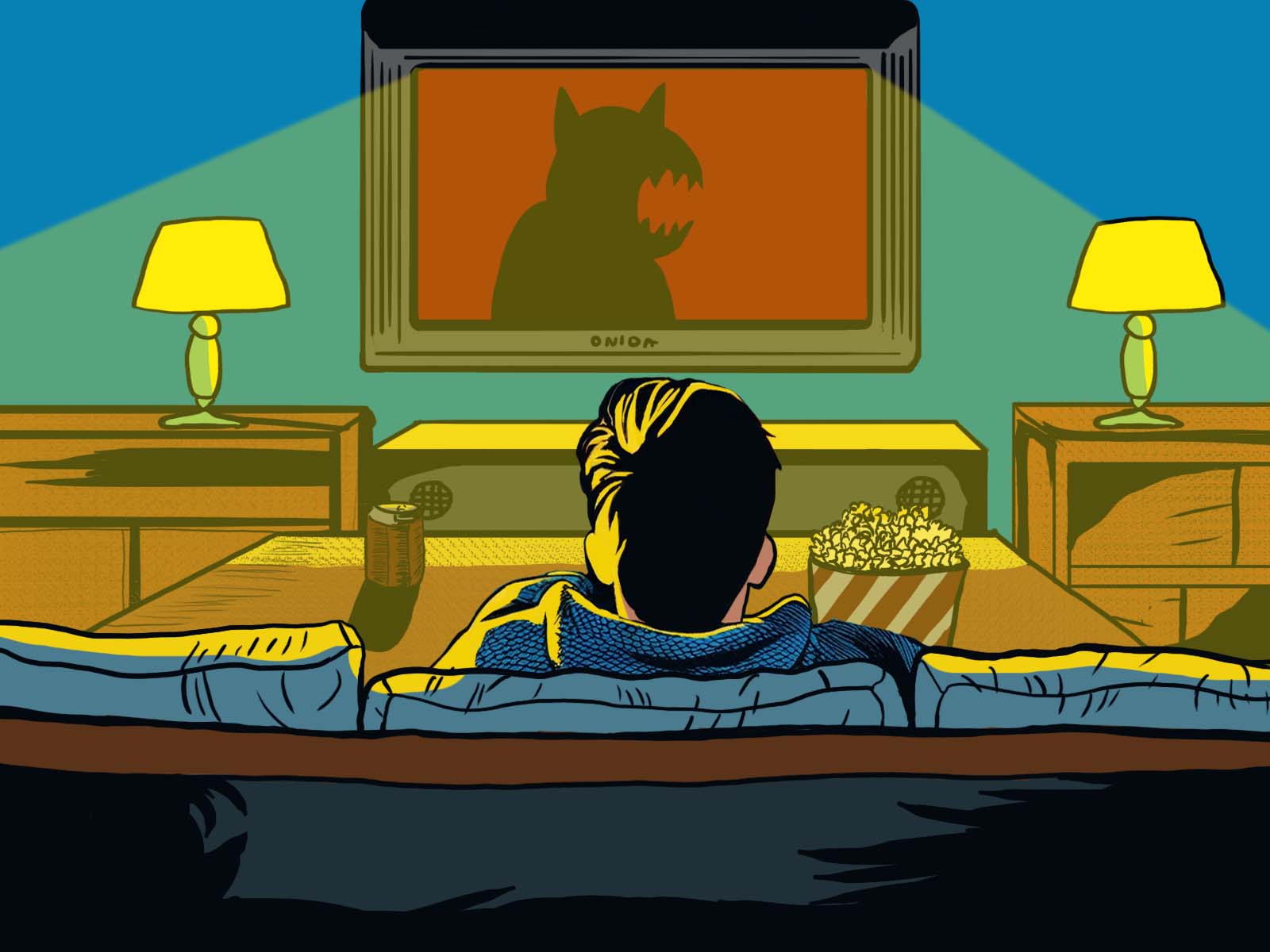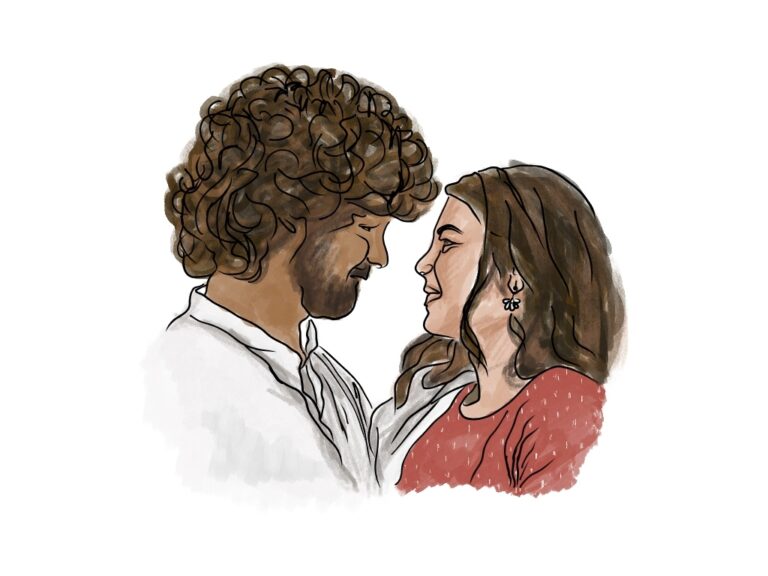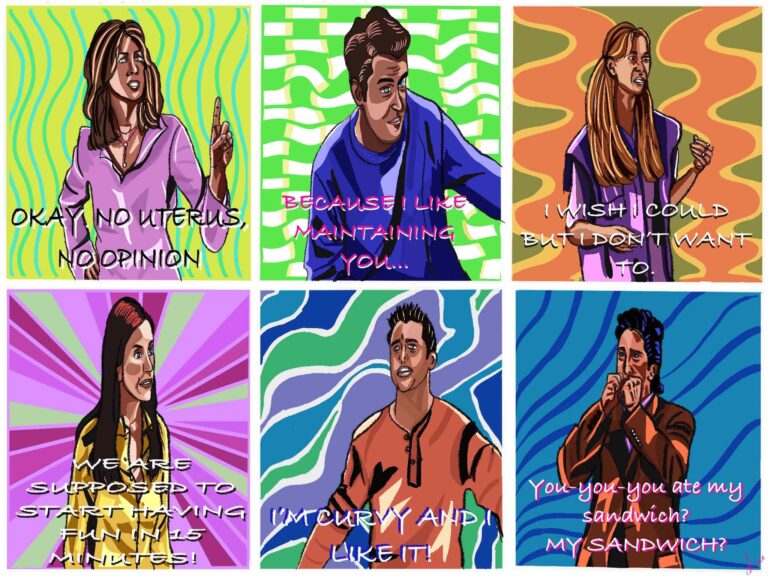Have you been binge-watching too?

Staying up all night and watching the entire season of TV shows has become a favorite pastime for many of us, especially during the lockdown. Netflix has got 16 million new subscribers in the first three months of 2020 thanks to the lockdown. Streaming services like Prime Video, Netflix, Hulu have entirely changed the way of watching TV. Completing the whole thing in one go in the name of “just one more episode” is something we all are familiar with. Honestly, how many series have you completed since lockdown? Money heist, Tiger King, rerun of friends- the list never ends.
But what motivates us to give up our sweet sleep or delay our important assignments or even calling in sick to watch a few more episodes. Well, there are several reasons for that.
The Hormones
Binge-watching “feels good.” It feels rewarding. It feels like a stress reliever after a week’s toil. But why does it feel like that? According to psychologists, whenever we watch our favorite movies or series, our body releases dopamine, a feel-good hormone. Dr. Renee Carr, Psy.D, a clinical psychologist, says, “When engaged in an activity that’s enjoyable such as binge-watching, your brain produces dopamine. This chemical gives the body a natural, internal reward of pleasure that reinforces continued engagement in that activity. It is the brain’s signal that communicates to the body, ‘This feels good. You should keep doing this!’
When binge-watching your favorite show, your brain is continually producing dopamine, and your body experiences a drug-like high.” Craving for this feeling pushes us to watch more and more. This feeling is identical to ones that make people crave for heroin, gambling, and sex.
Identification
Another reason for our obsession over some shows is “identification.” We love to hear the stories about us but without us, and that’s when one more hormone comes into the picture, Oxytocin, the love hormone.
Experts say that when we are willing to accompany our favorite characters on their journeys because we identify with them. Sometimes we even feel like we belong in their worlds. This is because our brains cannot distinguish between real and fictional memories. It activates the same areas while watching TV and experiencing a live event. For example, when our friends tell us about their problems, we feel wrong about them, we experience the same feelings when our favorite character gets into trouble. We laugh with them; we cry with them, we feel sad for them and share their joy. This is because we empathize with them, and this empathy draws us into the storylines and makes us truly care about the outcomes just as we do with our real friends. That is why shows with diverse cast and characters like Orange Is The New Black or How I Met Your Mother appeal to a broader audience.
Para-social relationships
Another psychological concept associated with binge-watching is forming ‘parasocial’ relationships. It refers to the relationships we build with celebrities and media personas who don’t even know we exist. We also make relationships with fictional characters like imagining hanging out with Harry Potter in Hogwarts. Whenever I feel low, I watch several episodes of friends and get distracted from my problems by immersing myself in the lives of six non-existing Americans who do not even know me.
These relationships grow as we keep with the lives of celebrities by reading about them, watching interviews, following Instagram. Why do we do that, because it merely brings us the same joy as friendships in real life? “We as a species are dependent on social interaction to survive, and there is a part of our brain that can’t differentiate the face in front of me in real life with the face on TV,” says Gayle Stever. He has been studying fandoms and adult parasocial relationships for the past 28 years at SUNY Empire State College in Saratoga Springs, New York. “It’s normal to be attracted to people in the media, just as it’s normal to be attracted to people in real life.”
Peer pressure
One more reason for the rise in binge-watching is “peer pressure.” People often watch a popular series to fit in and be a part of conversations in their circles. This is often considered the wrong motivation to do things. And it is terrible if we keep doing something that we do not like over a long period. But peer pressure is not always a bad thing. Sometimes we learn about new things and develop new tastes and help figure out what we like and who we are. And having watched the same TV shows as others can help in fostering good friendships. It feels great to have some in-depth discussion about our favorite series with close friends.
Stress reliever
Lastly, binge-watching is also an easy way out of our daily trifles and acts as a stress reliever. It is one of the most apparent reasons for it as it offers a temporary escape from reality that all of us need.
Tricks
Well, it’s not entirely out of your own will that you binge-watch, there are also some subtle tricks that makers of the shows and streaming services use to make you binge-watch. First of all, many episodes of new shows end on a cliffhanger, so that you have no option but to click on the next episode to satisfy your curiosity. Another thing is the automatic loading of the next episode as soon as the end credits roll, which traps you in the loop of binge-watching. Moreover, all the recommendations, the trending shows and even the covers of shows are customized according to your streaming behavior. All this helps in the making of a personal ideal fictional world for you to jump right in.
The letdowns of binge-watching
I still haven’t watched the last episode of Friends, because I don’t want it to end. Have you ever felt like this? The sadness that washes over you after you finish a series called situational depression. Our brain stimulation is lowered (depressed), such as in other forms of depression. So no matter how good it feels, it has a dark side.
It can be very isolating. It is not a step in the right direction to choose Netflix over people. In a study done by the University of Toledo, 142 out of 408 participants identified themselves as binge-watchers. This group reported higher levels of stress, anxiety, and depression than those who were not binge-watchers. In examining the habits that come with binge-watching like a sedentary lifestyle, poor sleep, unhealthy food choices, etc. it’s not hard to see why it would start to impact our mental and physical health severely.
How to binge-watch responsibly
One of the most effective ways to control binge-watching is not limiting your pleasure, but by finding more activities that you enjoy, you don’t have to depend on it to feel good. No matter how good that shows, that story, that world, and those people are, they are not your real friends. Go out with your real friends. Find new hobbies. Do some physical activities.
In the world of cliffhangers, it is tough to restrain yourself from clicking at that next episode, but you have to do it whether you like it or not. There are some other things you can do to limit your binge: set your time limit before you start watching, and if time does not hold you, set an episode limit. It is a better option to download episodes rather than fall to the bait of automatically loading the ‘Next Episode.’
We should learn to enjoy the pleasures of binge-watching without falling prey to its dark side. We must not make fictional friends at the cost of real ones.









Readers' Reviews (1 reply)